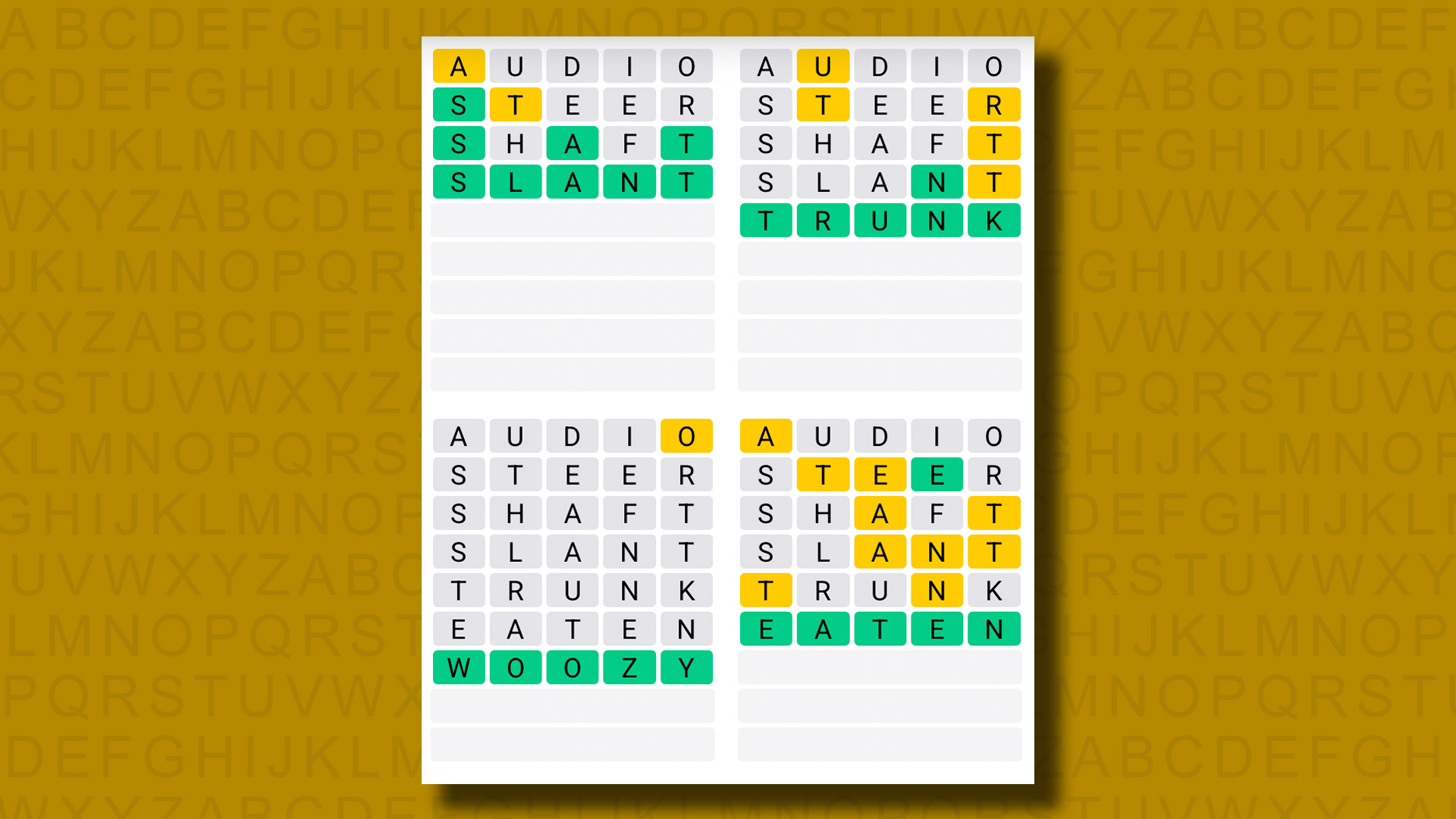Ray Chan: Bridging Web2 And Web3 With Memes

2024 has been the year of the <a href="https://www.coindesk.com/markets/2024/10/07/bitcoin-nears-64k-memecoin-supercycle-trends-as-mog-popcat-surge" target="_blank">memecoin supercycle</a>, with demand for the tokens <a href="https://www.coindesk.com/markets/2024/05/09/meme-coin-demand-is-stronger-than-ever-crypto-data-tracker-says" target="_blank">surging to unprecedented heights</a>. Memes are now a $141 billion business, <a href="https://www.coingecko.com/en/coins/meme" target="_blank">according to CoinGecko</a>, making up around <a href="https://www.coindesk.com/markets/2024/12/05/memecoins-reach-140-b-market-cap-and-gain-ground-in-crypto-economy" target="_blank">11% of the entire crypto market</a> (excluding bitcoin and ether).
Memeland CEO Ray Chan has become a prominent figure in the supercycle, leveraging his expertise to blend humor and culture with blockchain, bringing the culture of memes he helped create in Web2 over to Web3.
In 2008, during the Web2 era, Chan founded 9GAG, where he curated the best online memes and made them the internet's language of humor and identity.
This profile is part of CoinDesk's Most Influential 2024 package. For all of this year's nominees, click here.
In 2024, Chan spun Memeland out of 9GAG and transformed it into a blueprint for how blockchain, culture and community could reshape the internet via NFTs and GameFi. While those two things aren't anything new in Web3, Memeland has distinguished itself in a crowded field by emphasizing community and creativity over mere speculation.
Redefining the Fan-Creator Relationship
Chan’s strategy has focused on making blockchain technology accessible, fun and inherently social. In many ways, this is the bridge between Web2 and Web3, given that memes aren't a complicated decentralized financial system like a new automated market maker created by PhDs — they’re silly pictures of dogs and cats.
Chan sees Web3 as a chance to redefine how fans and creators interact through its approach to “proof of fandom,” in which creators can interact with fans while also building an ownership layer, something that's not possible in the Web2 world.
This synching of fans with ownership is what's missing in Web3, and what Chan sees as bringing in the masses.
“We don’t need more investors in Web3. We need more customers,” <a href="https://www.youtube.com/watch?v=YznL6yhrHSM" target="_blank">is how he put it </a>in a fireside chat at Taipei Blockchain Week in 2023. This profile is part of CoinDesk's Most Influential 2024 package. For all of this year's nominees, <a href="https://www.coindesk.com/coindesk-news/2024/12/05/most-influential-2024" target="_blank">click here</a>.


